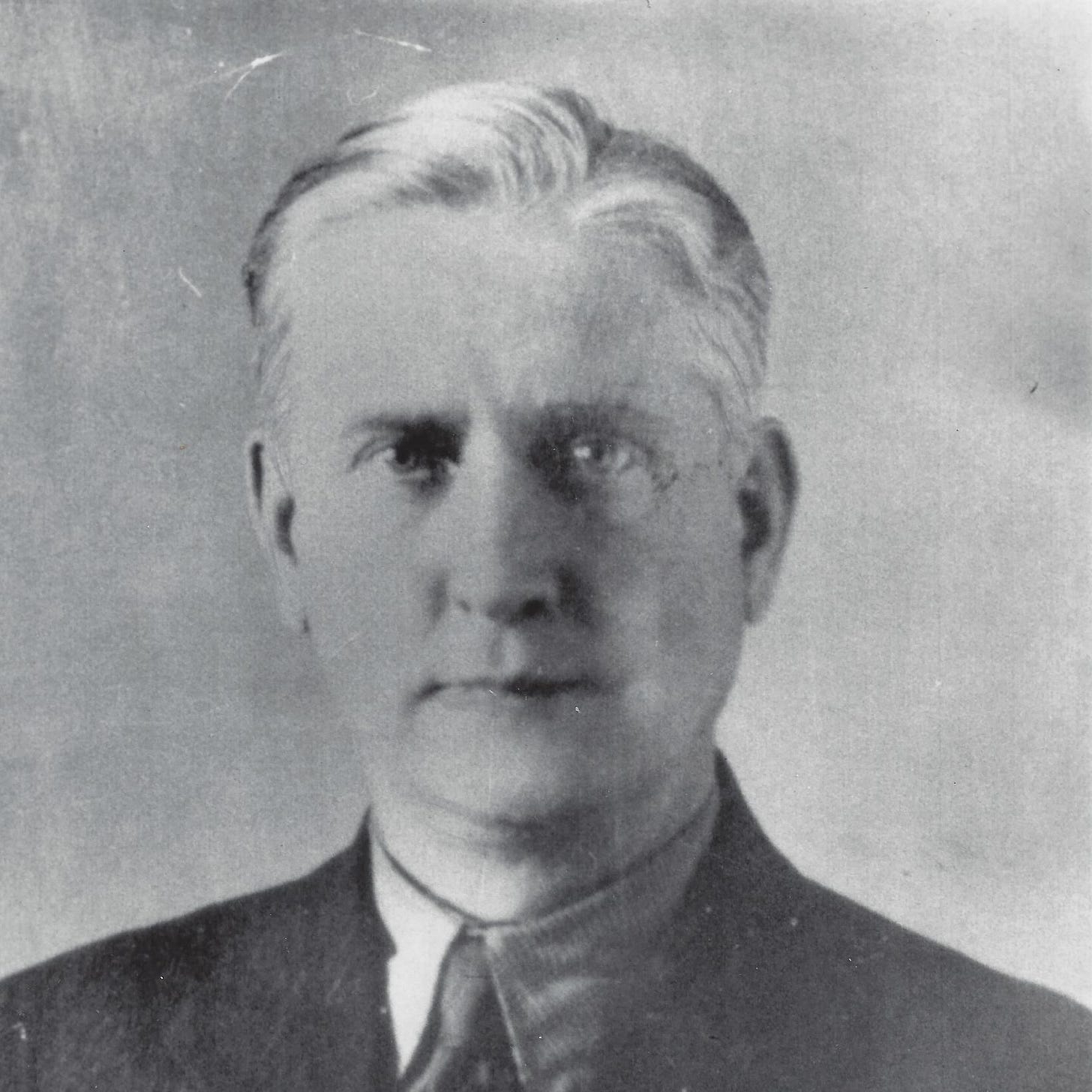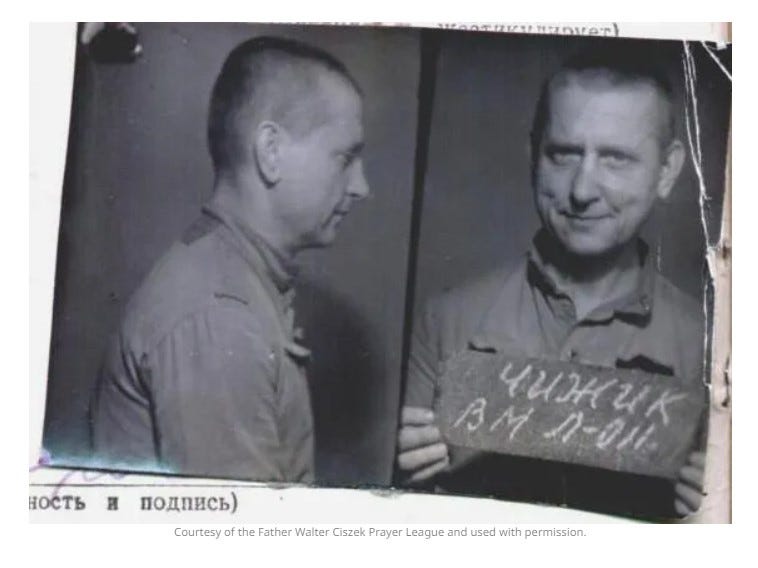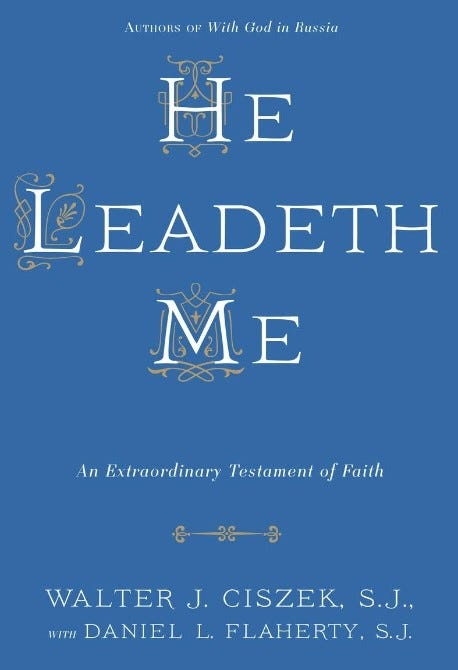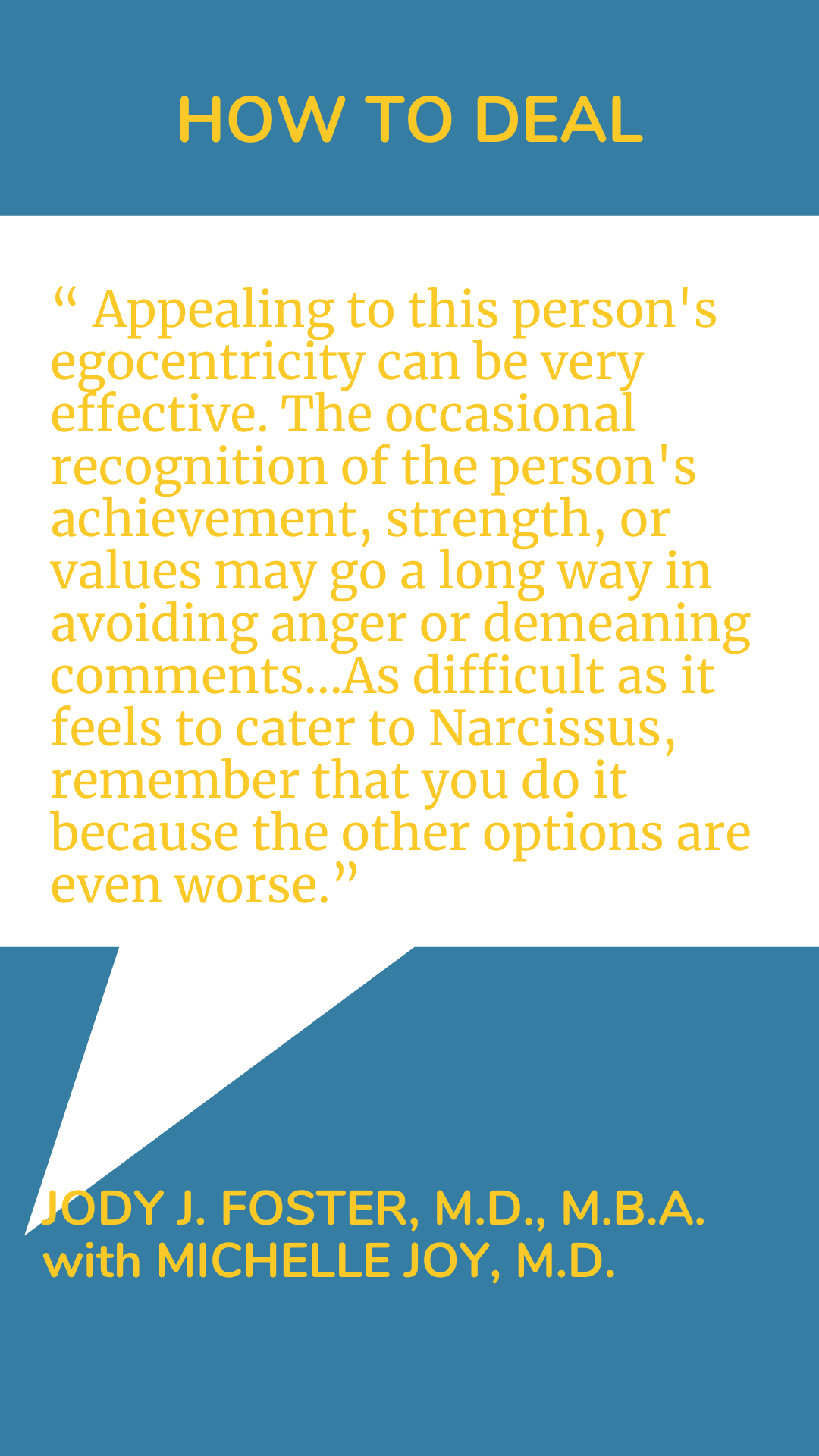To clench or not to clench?
The better choice when navigating circumstances beyond your control
If you’re like me, Election Day may be the day you have least been looking forward to this year.
If you have only been eligible to vote since 2016 or later, I would like to say that I am sorry that you have come of age in a time of division that makes presidential elections–something that should be relatively routine in a democracy–seem so fraught.
It wasn’t always this way. You used to attend to your civic duty of voting on Election Day and then go about the rest of your day unafraid to exhale. Of course there was always a chance that you might be disappointed about the outcome when the votes were counted, but you could assume that any transitions would be peaceful.
I sincerely hope that we will soon return to what used to be the norm–when we trusted in election integrity and accepted that living in a democracy meant navigating through differences with mutual respect and compromising as necessary.
But, as they say, hope is not a strategy. So I wanted to share some thoughts about coping during a tumultuous time, especially since we might have to endure the purgatory of a delayed outcome if the election is close.
In times like these, when you find yourself living through a high-stakes situation over which you have no control, you have a fundamental choice about how to approach it–you can either clench or unclench.

What does it mean to unclench?
Once upon a time, my husband and I planned a family trip to Disney World in early December. Though early December snowstorms aren’t the norm in Pennsylvania, we awoke to closed schools and a forecast of several inches of snow on our departure day.
We knew our late afternoon flight would likely be canceled. But if we headed to the airport right away, we might catch an earlier flight.
Though traffic was light since newscasters warned people not to go out if they didn’t have to, it was a perilous ride to the airport. At the airline check-in desk, my husband had to convince the airline rep, who must have been anticipating a ground stop, that he might as well put us on the next flight out since we were already there.
Once we were ticketed, we raced through the terminal and reached the gate just before the door to our aircraft closed.
Even then, we still weren’t home free. We sat through multiple rounds of deicing on the tarmac as it snowed even harder. Our hopes dimmed. Was it really possible that even though we’d successfully jumped through multiple hoops, our flight to Orlando was about to be canceled?
Finally, the pilot announced we were cleared for takeoff. As we taxied down the runway, I told my husband that I couldn’t wait for takeoff so that I could finally unclench and relax after such a stressful ordeal.
Since then, whenever we’re facing a tense or anxious situation, our family’s secret codeword is “unclench.”
And whenever I find myself in a situation over which I have little control, I have found that I get better mileage when I unclench.
Though I believe this is solid advice, you don’t have to just take my word for it. Let me introduce you to an ideal role model for uncertain times: Walter Ciszek.
Meet Walter
You may wonder why I am introducing you to someone who’s done hard time to illustrate my point. But IMHO, Walter Ciszek is a terrific role model for anyone living through trying and uncertain times over which they have little control.
At 24, Walter Ciszek stunned his family when he decided to become a priest. He’d been a tough kid who’d led a street gang. His father once took him to his town’s police chief and said, “Send him to reform school; I can’t do anything with him.”
Not long after he entered the seminary, the pope put out a call for priests to train to serve as missionaries to Christians in Russia. Despite all the dangers associated with serving people who were being openly persecuted, Ciszek felt drawn to this work and signed up.
In 1940, Ciszek entered Russia, where he’d spend the next 23 years. It wasn’t long before the Soviets arrested Ciszek, claiming he was a spy. He spent five years in solitary confinement in Moscow’s most notorious prison, where he was beaten, repeatedly interrogated, and left to survive on starvation rations.
Next, Ciszek endured a decade in the labor camps of Siberia. Through it all, whether imprisoned or forced to labor under inhumane conditions, he found ways to minister to his fellow prisoners.
Ciszek even refused to give into the temptation to hate his persecutors, striving to see people as God sees them. He realized that even the people who mistreated him were part of an unjust system and often weren’t thinking clearly.
After the Soviets released him from the labor camp, Ciszek worked as a mechanic in a series of small villages. He also managed to serve as a priest, although the KGB would order him to move elsewhere whenever his ministry became too fruitful.
For many years, his family believed Ciszek was dead. But in 1963, Ciszek was returned to the U.S. after the Soviets traded him and another American citizen in exchange for two Soviet spies.
With the immense public interest in his remarkable story, Ciszek's superiors and publishers encouraged him to detail his experiences in what became the 1964 book With God in Russia.
Yet despite the book’s success, Ciszek didn’t feel he had adequately conveyed everything he’d learned during his years of hardship and suffering that might help others when they suffered or despaired.
So in 1973, Ciszek wrote a follow-up book, He Leadeth Me, to share the seemingly simple truths that had guided and sustained him during those years of hardship.
What did Walter learn about surviving in difficult, seemingly hopeless circumstances?
Most of us are unlikely to end up in prison or a Siberian labor camp. But few of us will likely escape uncertain and/or difficult times.
Despite enduring years of seemingly hopeless situations, Ciszek never lost faith in God, though he surely had reason to think he’d been abandoned. (I recognize that some who are reading this may be agnostic or atheist or consider themselves spiritual but not religious. Please feel free to consider how Ciszek’s wisdom might apply to your belief system.)
According to Ciszek, no one ends up anywhere by accident–he firmly believed that the persons, places, and things that God puts in front of us every day are there for a purpose:
“The simple soul who each day makes a morning offering of ‘all the prayers, works, joys, and sufferings of this day’--and who then acts upon it by accepting unquestioningly and responding lovingly to all the situations of the day as truly sent by God–has perceived with an almost childlike faith the profound truth about the will of God.”
Ciszek said this about dealing with difficult conditions:
“Poverty, addiction, alcoholism, social injustice, racial discrimination, hatred and bitterness, war, corruption, and the oppressive bureaucracy of every institution–all can serve as a source of bitter frustration and a feeling sometimes of utter hopelessness. But God does not expect a man single-handedly to change the world or overthrow all evil or cure all ills. He does expect him, though, to act as he would have him act in these circumstances ordained by his will and his providence. Nor will God’s grace be lacking to help him act.”
For my money, if the philosophy of accepting and responding lovingly to all the situations of the day is what got Ciszek through some exceptionally difficult times, it will also serve those who find themselves in difficult but more mundane circumstances.
How to deal with this week: Unclench and serve those in front of you
This Election Week, we all find ourselves in a high-stakes situation over which we have little control.
If you spend too much time ruminating about worst-case scenarios or how uncertain things seem, you will only feel powerless.
Why not accept today's circumstances just as they are instead of lamenting your misfortune of being stuck in this particular predicament?
And then you don’t need to do anything monumental. All you need to do on any given day–even the ones that feel more fraught or uncertain than most–is deal with the situations directly in front of you.
Unclench. Tend to the people, responsibilities, and tasks within your control to the best of your ability. Treat your fellow humans with kindness while you go about your duties, and you will also spread some grace around, and we could all use some more of that.
Then get up tomorrow and do the same–lather, rinse, repeat.
Tending to what you can do will help you feel like you are taking constructive action. And surrendering control of those things that are outside your span of responsibility will help you feel lighter.
It’s worth a try–unclench!

Dr. Jody Foster explains how her book about schmucks–stupid, foolish, or unlikeable persons–came to be: “Already a psychiatrist when I started business school, I was suddenly surrounded by people who found even commonplace interactions compelling. They were fascinated by their coworkers, and it was fun for me to explain the various permutations of office drama…They came to me with tales of people they called real schmucks: those they neither liked nor understood.”
According to Foster, “The title refers to the frustration and annoyance that so many of us feel when we just don’t understand someone or why that person is behaving in a way that doesn’t make sense to us. It’s easy to get angry and label someone a jerk or a schmuck.”
Foster says, “It’s much harder to try to understand the underpinnings of why he or she approaches the situation that way. But we must try, and in so doing we will learn about our colleagues and ourselves and create a safer, healthier, better-functioning workplace.”
Each week this month (and next), we’ll sample Foster’s book, profiling a type of workplace schmuck, along with tips on how to deal with them. First up, the narcissist:
In the olden days, moms used to clip newspaper articles for their kids if they thought it was something they needed to know. I’m watching for things you might have missed that may be helpful to you.
This week’s clips:
Election anxiety is real. Sunday Paper asked Dan Harris, author of the book 10% Happier, to name his top three ways to cope with it.
James Martin offered some advice in America magazine about how to avoid despairing about the election and find hope.
Author and STARTist Becky Blades provided some practical ideas about how you can fast-forward resetting happiness post-election.
Subscribing to this free weekly newsletter may reduce anxiety about adulting










